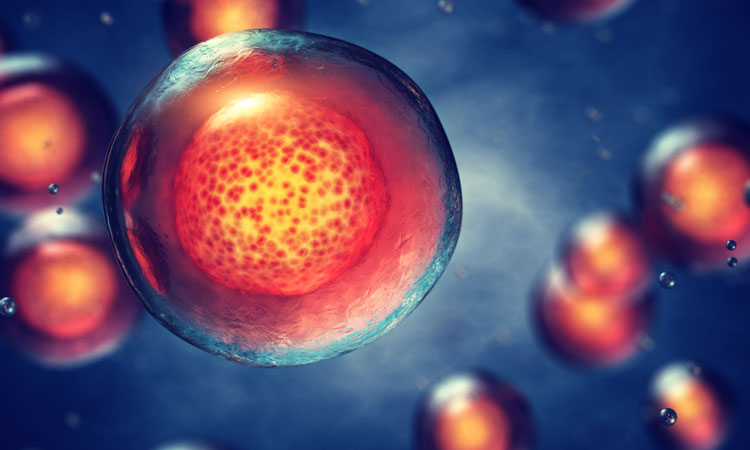Transcriptional reprogramming rescues vascular fate of misidentified pluripotent cell‑derived epithelial cells
Posted: 22 June 2021 | Dr Raphaël Lis (Weill Cornell Medicine) | No comments yet
A team of scientists has found that a type of cell derived from human stem cells and widely used for brain research and drug development may have been leading researchers astray for years. Here, Dr Raphaël Lis from Weill Cornell Medicine explains how forcing the activity of three known endothelial cell transcription factors can enable researchers to re-programme these cells into becoming much more like endothelial cells.


In a new study, researchers have discovered that cells generated from human pluripotent stem cells (hPSCs), using a widely-accepted lab protocol, more closely resemble epithelial cells rather than the blood-brain barrier (BBB) endothelial cells (ECs) they were initially described to be. However, the introduction of key endothelial cell transcription factors can imbue a canonical and functional vascular endothelial identity to these misidentified epithelial cells.
Related topics
Assays, Induced pluripotent (iPS) cells, Screening, Stem Cells, Translational Science
Related organisations
Bit Bio



